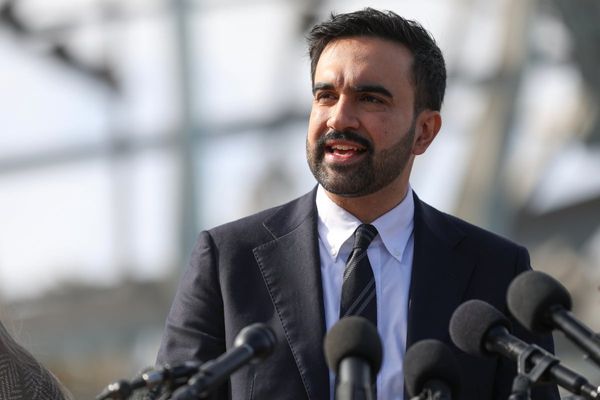
The 14th Amendment and its implications have been a topic of intense discussion recently, and legal expert Nick Ackerman sheds light on the matter. Section 3 of the amendment has been the focal point of the conversation, which addresses insurrection broadly. However, Section 5 provides Congress with the power to enforce the ban on insurrection. Some arguments have arisen from Trump's camp suggesting that this portion means the decision regarding his eligibility to be on the primary ballot should not be left to the states. Ackerman dismisses this argument, stating that the provision simply allows for the removal of the insurrectionist disability through a two-thirds vote from each house of Congress.
Moreover, Ackerman clarifies that the conditions set by the amendment for an individual to run for the presidency are similar to other requirements such as being 35 years old, being born in the United States, and residing in the country for at least 14 years. The only difference is the possibility for Congress to remove the insurrectionist disability through a two-thirds majority vote. He further adds that it is necessary for the United States Supreme Court to be the ultimate arbiter in this situation to ensure uniformity among the 50 states. Without their involvement, there may be inconsistencies and complications arising from different interpretations and technicalities within state laws.
Another argument put forth by Trump's allies is that the determination of whether he committed insurrection should be made through the judicial process rather than by a lone Secretary of State or a judge. However, Ackerman disputes this claim, stating that the evidence clearly shows Trump's involvement in the events of January 6th. He emphasizes that the 14th Amendment does not require conviction of a crime and does not necessitate a judicial proceeding. Ultimately, the decision on whether Trump qualifies for the presidency will fall upon the United States Supreme Court, as they are the only body capable of making a uniform ruling that applies to all states.
The discussion surrounding the 14th Amendment and its relevance to Trump's eligibility for future political endeavors has presented intriguing legal questions. Ackerman's insights shed light on the provisions and clarifies that the final decision rests with the United States Supreme Court. As the conversations continue, it is crucial to ensure consistency and avoid discrepancies among the states. The interpretation and application of the 14th Amendment will inevitably shape the future of American politics and the parameters of presidential candidacy.







